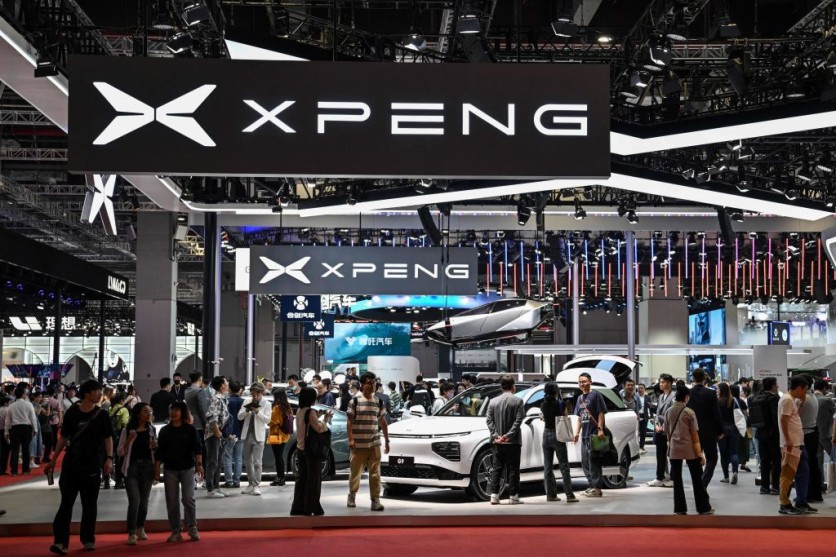Xpeng, an emerging player in the Chinese electric vehicle market, is set to acquire Didi's smart EV assets for a substantial sum of $744 million. This move adds to the series of notable collaborations that Xpeng, a formidable contender to Tesla, has initiated recently.

Xpeng & Didi's Acquisition Deal
In a recent announcement, Didi disclosed that the two companies are entering into a strategic partnership aimed at fostering the worldwide adoption of smart electric vehicles and related technologies. The distinct feature of this collaboration is the transformation of Didi's assets into a fresh sub-brand named "Mona," nestled within the Xpeng framework.
The anticipated launch of "Mona" is slated for 2024. Beyond this, the partnership encompasses various domains such as marketing, financial insurance services, EV charging infrastructure, and expansion into international markets.
Interestingly, this news comes on the heels of Xpeng securing a substantial $700 million investment from Volkswagen. This investment deal is poised to yield the creation of two new Volkswagen-branded models under the Xpeng umbrella.
Xpeng, Didi's Goals
Despite significant investments in research and development, Xpeng's electric vehicle adoption has remained relatively modest, constituting merely 2.1% of China's new energy vehicle market, inclusive of hybrids, throughout 2022.
Joining forces with Didi offers the potential to tap into the extensive user base Didi commands in China, amounting to hundreds of millions. TechCrunch reported that Didi had around 587 million active users in the year leading up to Q1 2023.
Envision a situation where these users see Xpeng's Mona model as a popular choice when they're booking rides on Didi's platform. It's worth noting that Didi's influence goes beyond China - it expanded to Latin America by acquiring the Brazilian rideshare company 99 in 2018.
As stated in its submission to Hong Kong's securities authority, Xpeng has recognized that the collaboration will amplify the company's brand visibility and audience reach through the seller's platform. This expanded reach is expected to yield an upsurge in business inquiries and pave the way for fresh business prospects for Xpeng in untapped global markets.
Much like Uber, Didi has established collaborations with prominent auto manufacturers over time. For instance, it joined forces with Volvo, a partnership focused on furnishing autonomous driving technology to support robotaxi fleets manufactured by Volvo.
By divesting its smart car venture, Didi has relinquished a portion of its ambition in the realm of car manufacturing.
Also Read : Tesla's Ex-Employees Were Responsible for May Data Breach, Sharing Confidential Information of Company
Tesla's Chinese Efforts
In comparison with these companies, Tesla is bolstering its commitments to China through increased investments. The company's latest move involves the announcement of a new battery factory to be established in Shanghai, with construction set to commence within this year.
The plant's completion before the latter half of 2024 is anticipated, with a projected annual production capacity of 10,000 Megapacks.

ⓒ 2026 TECHTIMES.com All rights reserved. Do not reproduce without permission.




